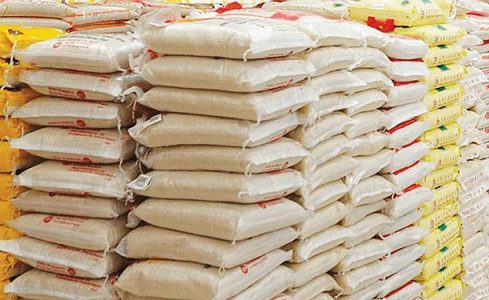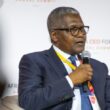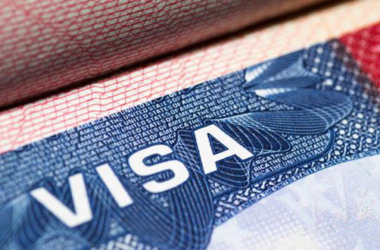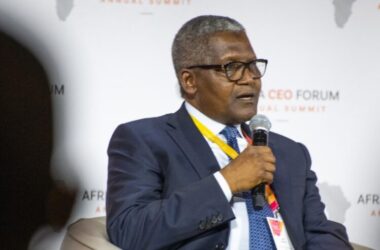The 36 state governors of Nigeria have agreed to a joint effort with the Federal Government to tackle food inflation and improve national food security, with a key focus on removing illegal checkpoints and streamlining taxes that obstruct the free movement of agricultural goods across the country.
The National Security Adviser, Nuhu Ribadu, met with governors and other stakeholders in Abuja, where they discussed the alarming rise in food prices and the security issues affecting transport and farming.
This collaboration is a response to rising concerns from both the public and data from the National Bureau of Statistics (NBS), which shows that while the national food inflation rate dropped to 21.14% in May 2025 from 40.66% in May 2024 due to changes in statistical calculations, real food prices remain high in many regions.
The governors acknowledged the ongoing challenges that affect food distribution and pricing. These include insecurity in farming communities, bad roads, illegal roadblocks, and unregulated levies that increase the cost of transporting food items. Notably, many states experiencing the sharpest price increases are also major food producers, raising questions about the effectiveness of local food supply chains.
Governor Hope Uzodimma of Imo State, speaking on behalf of the Progressive Governors’ Forum and the Nigeria Governors’ Forum, noted that both groups have agreed on the need to strengthen security at the state level.
He stated, “On the critical issue of national security, the Progressive Governors’ Forum (PGF) and the Nigeria Governors’ Forum (NGF) have jointly resolved to support President Bola Ahmed Tinubu’s model aimed at empowering States and communities to address persistent security challenges.”
At the same meeting, Lagos State Governor Babajide Sanwo-Olu read out a communiqué explaining the governors’ concerns over illegal checkpoints, poor roads, and multiple taxation. These issues were described as major reasons for the rise in food prices. Ribadu also told the Forum that a committee has been formed to suggest ways forward, and its findings have already been submitted for review.
Governor Sanwo-Olu added that the World Bank’s Nigeria Community Action Recovery and Economic Stimulus (NG-CARES) programme has not yet fully released promised funds to states. Despite this, states have already spent over $2.2 billion through the programme’s platforms to support food systems and help vulnerable households.
The communiqué also notes that the governors are eager for the World Bank to resolve funding delays so that phase two of the NG-CARES programme can begin. The next phase is expected to support small businesses and improve resilience among poor families across Nigeria.
Meanwhile, the worsening security crisis, particularly in Benue State where about 200 people were recently killed in an attack in Yelewata, has added urgency to the need for stronger local defense systems.
President Bola Tinubu visited the area and ordered the arrest of those responsible. Governor Uzodimma, in a post on X, stressed the importance of immediate action, saying, “Our resolve is unwavering, and our duty to the people remains our highest calling.”










